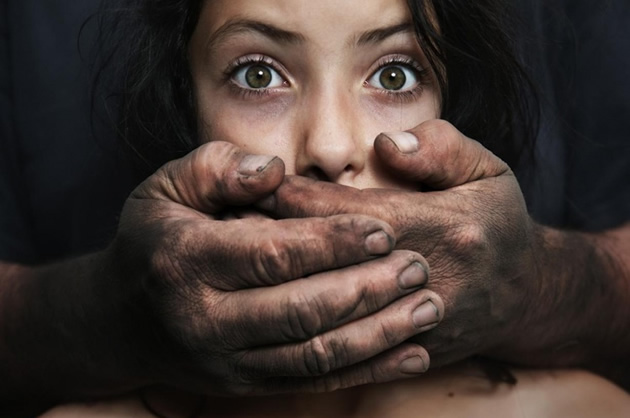Child offenders have rights

 Blessing Mushohwe Our Children, Our Future
Blessing Mushohwe Our Children, Our Future
Children sometimes find themselves in conflict with the law having committed offences ranging from petty theft to more serious crimes such as rape and robbery.
Some do this merely so that they can meet their basic needs for survival while others who commit more serious crimes may have been exposed to adverse circumstances in their childhood, including various forms of abuse and violence by adults which in turn socialise them into criminal behaviour. When they offend, the formal criminal justice system takes over. Zimbabwe’s justice system uses the adversarial system of law which relies on contest between parties to a case normally represented by legal practitioners who argue their party’s positions to an impartial person usually a judge or a magistrate.
In criminal matters which usually also involves children, the adversarial system pits the prosecution against the accused and justice is ‘presumed’ to have been done when the most effective adversary is able to convince the judge that his or her perspective on the case is the correct one.
The adversarial system by its very nature has never been child-friendly and it remains unsuitable for children. Where legal representation is not provided (which is often the case in Zimbabwe), children fail to argue their case against trained adult prosecutors for obvious reasons mainly their mental and physical maturity limitations, lack of training and experience in such matters. Additionally, the whole formalistic nature of proceedings in court is very intimidating and confusing to a child offender. The adversarial system thus silences children in court thereby denying them their fundamental rights to be heard (the audi alteram partem rule).
Ideally, during such court processes, children involved should have, among others, two fundamental rights namely, the right to have their best interests protected and the right to have their views canvassed, heard and considered.
Section 81(2) of the ‘new’ Constitution of Zimbabwe and Article 3 of the Convention on the Rights of the Child (CRC) requires consideration of what is in the best interests of the children in all actions and decisions involving them, including during court processes for child offenders.
In evaluating the best interests of the children in such matters, varied factors need to be considered depending on merits of each case. These should importantly include, among others, considering alternatives that are rehabilitative, educational and reform-oriented for the child such as diversion as opposed to detention, imprisonment or the practice of chastisement which are punitive in nature.
On the other hand, Section 81(1)(a) of the Constitution of Zimbabwe and Article 12 of the CRC provide for children’s right to have their views canvassed, heard and considered in matters that affect them, which again includes child offenders.
Contrary to what many may think, children can actually express their views and desires even in such serious cases as criminal matters if they are skilfully consulted using appropriate ways of interviewing and communicating with children, preferably with representation by a legal practitioner. There is therefore compelling need for all those that deal with child offenders to be cognisant of the presence of and rights of children in the proceedings at all times.
Age appropriate interviews should be conducted with children and professional reports compiled about the children’s views and desires. The professionals should also be able to give their own professional opinion on the children’s views to the courts to guard against undue influence in children’s views or children expressing opinions that are not in their best interests. Specialised training in juvenile justice, child rights, communicating with children and reporting on the children’s views, desires and best interests should thus be encouraged on the police, lawyers, social workers, presiding officers and other professionals that deal with such matters. This should be complemented by a child-friendly court system that is less formal and strict on procedures when children are involved but rather leans more towards an informal open inquiry preferably driven by the presiding officer emphasising on what is best for the child. Whatever decisions are made in the criminal matter involving a child will fundamentally affect the child’s life in the short and long-term in terms of education, socialisation, responsible citizenship and psychological well-being.
- Blessing Mushohwe is a Child Rights and Policies Consultant at UNICEF.








Comments